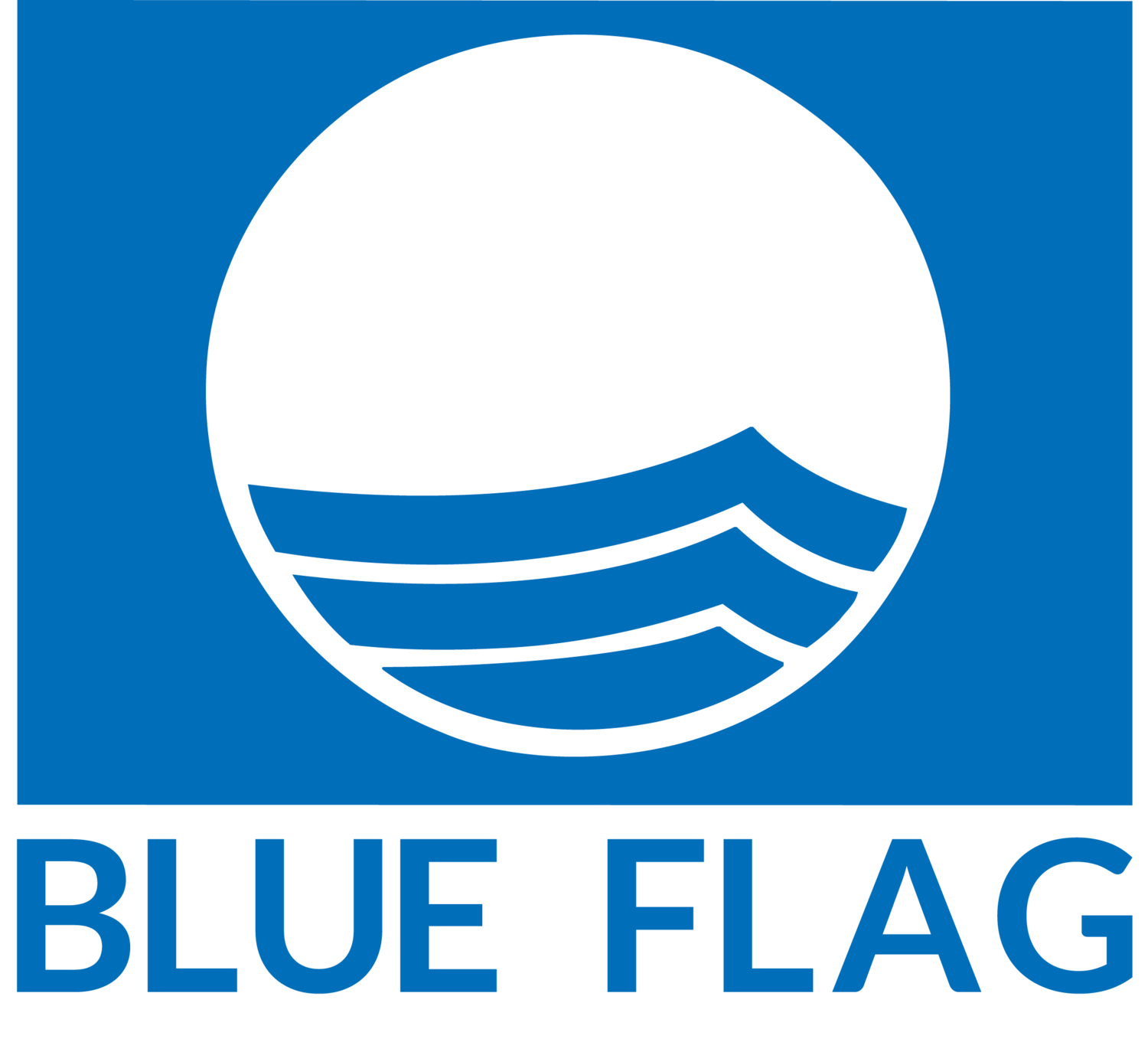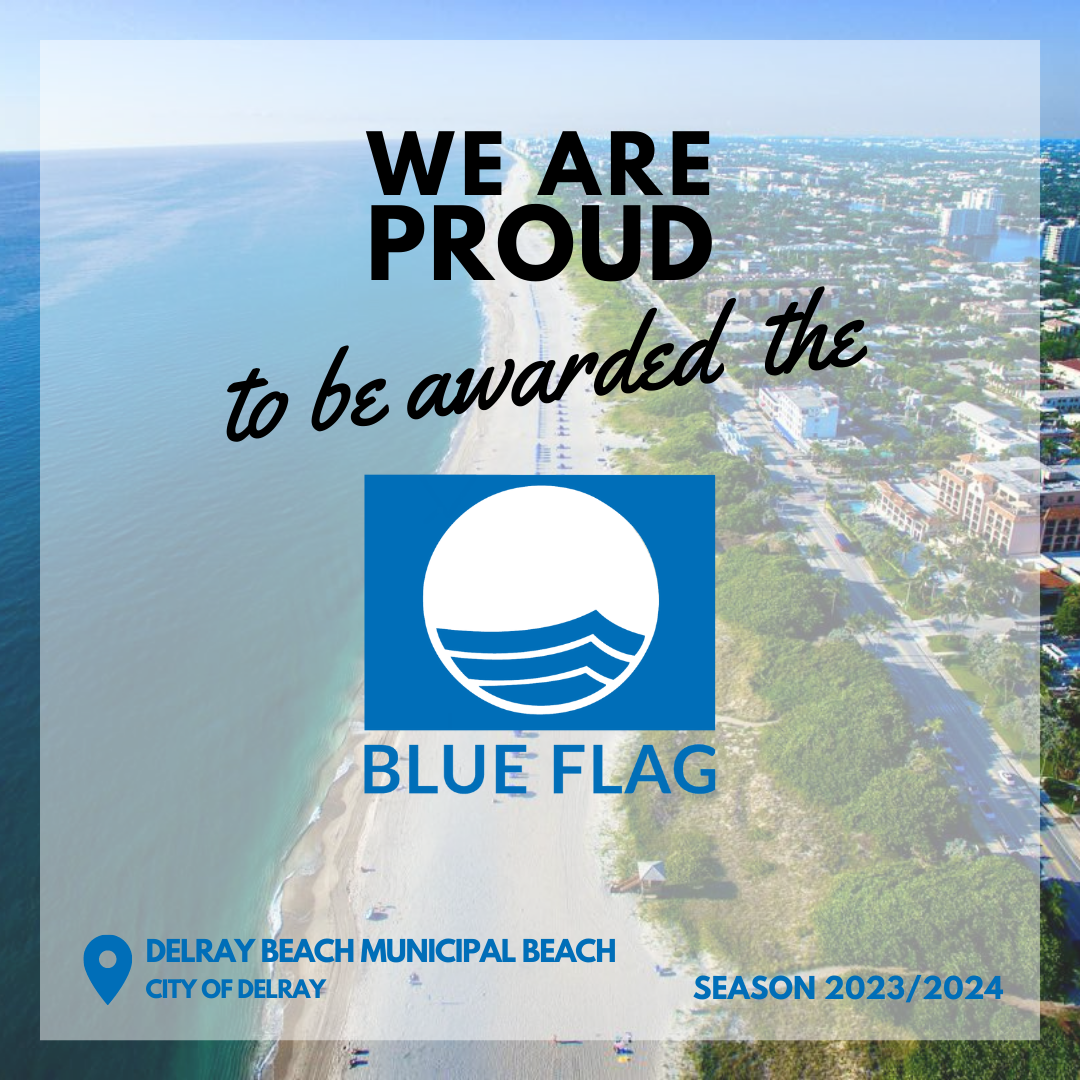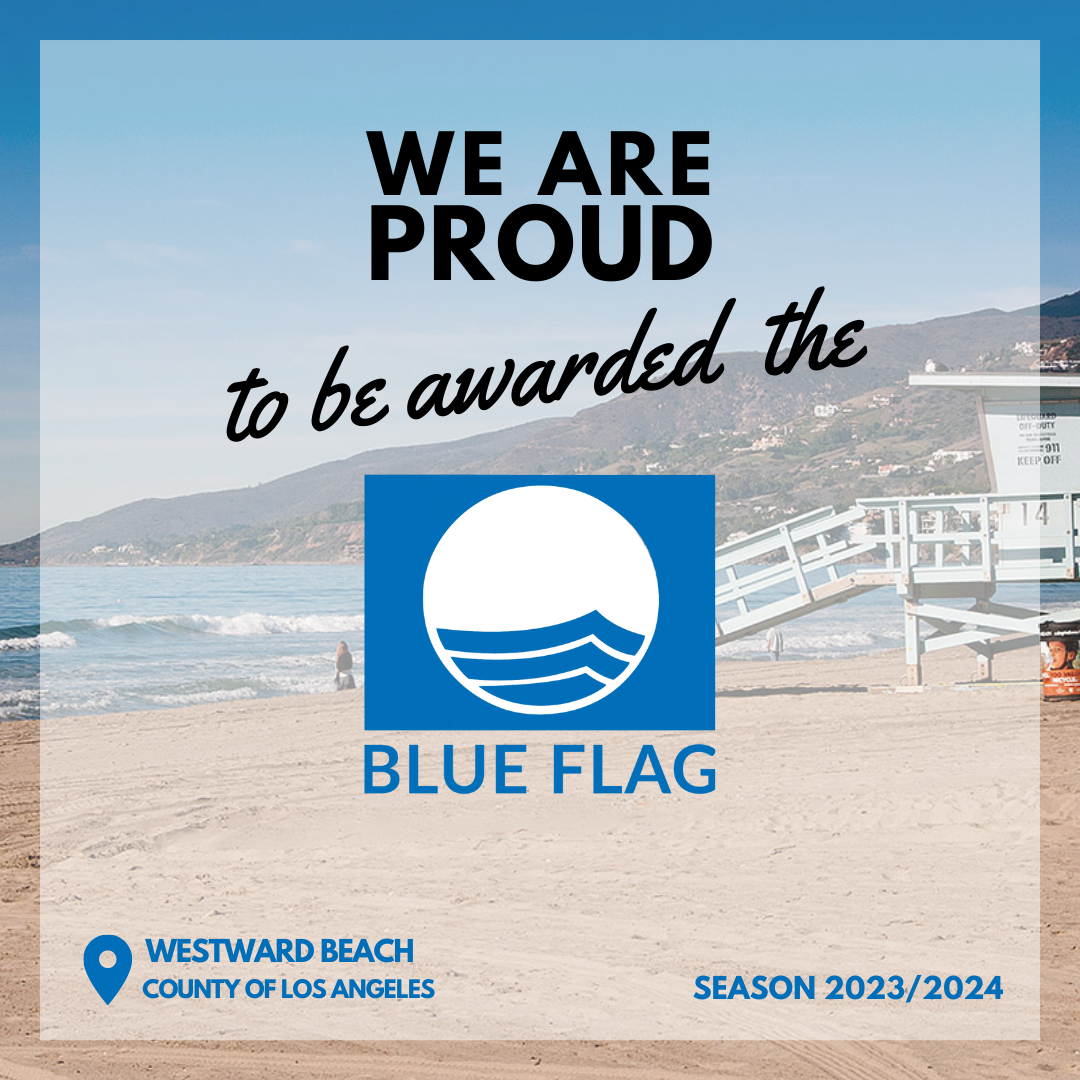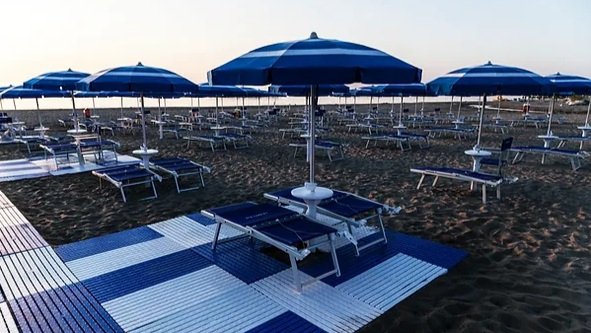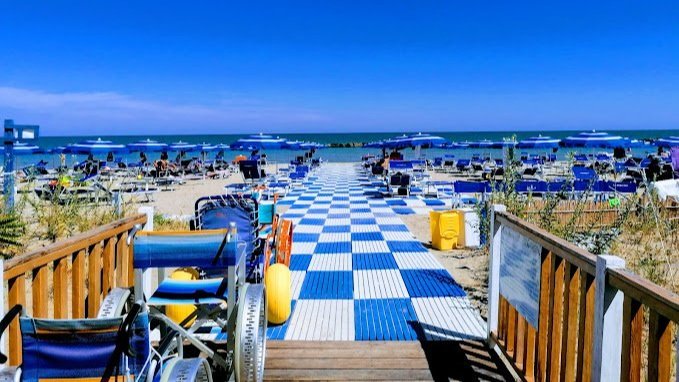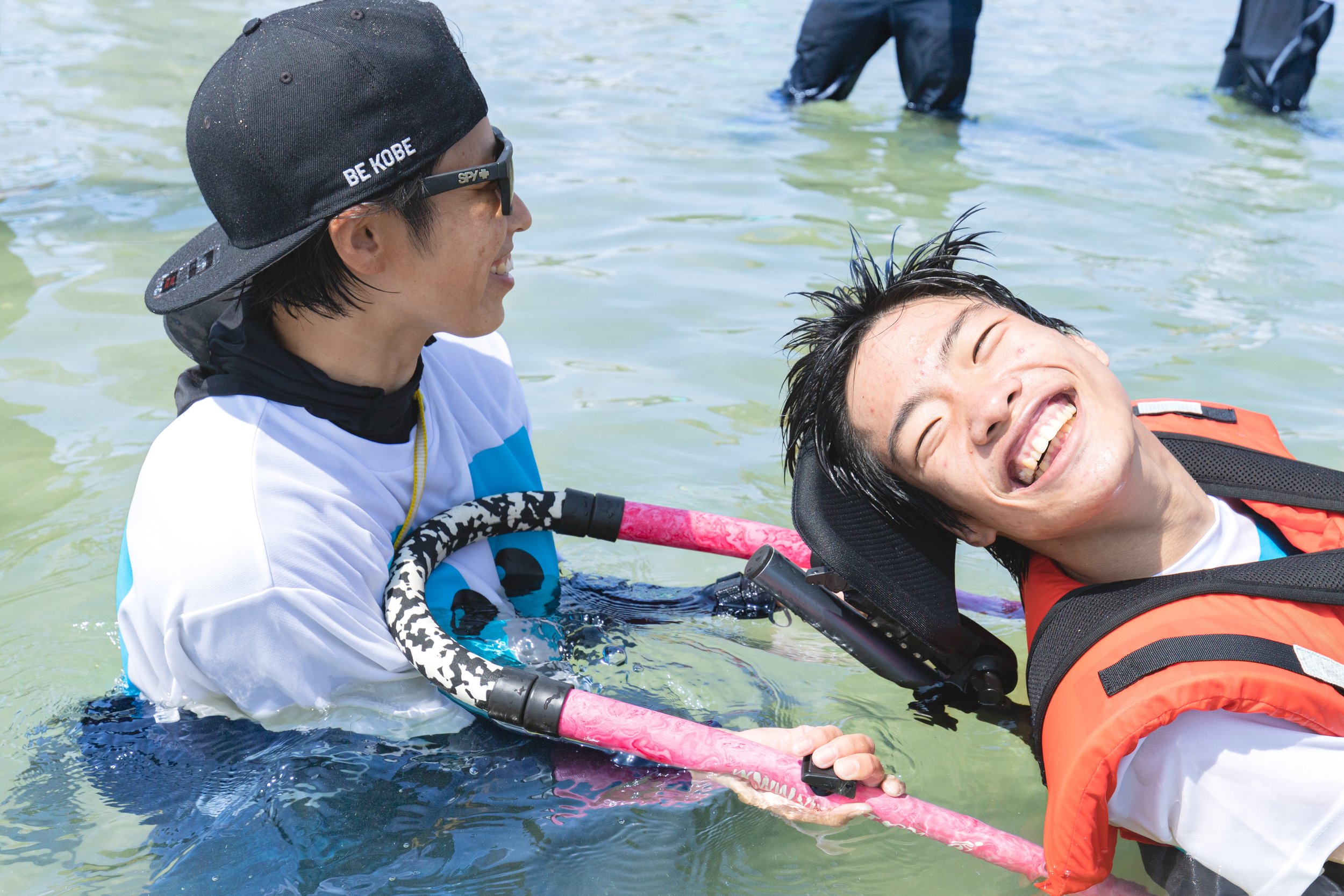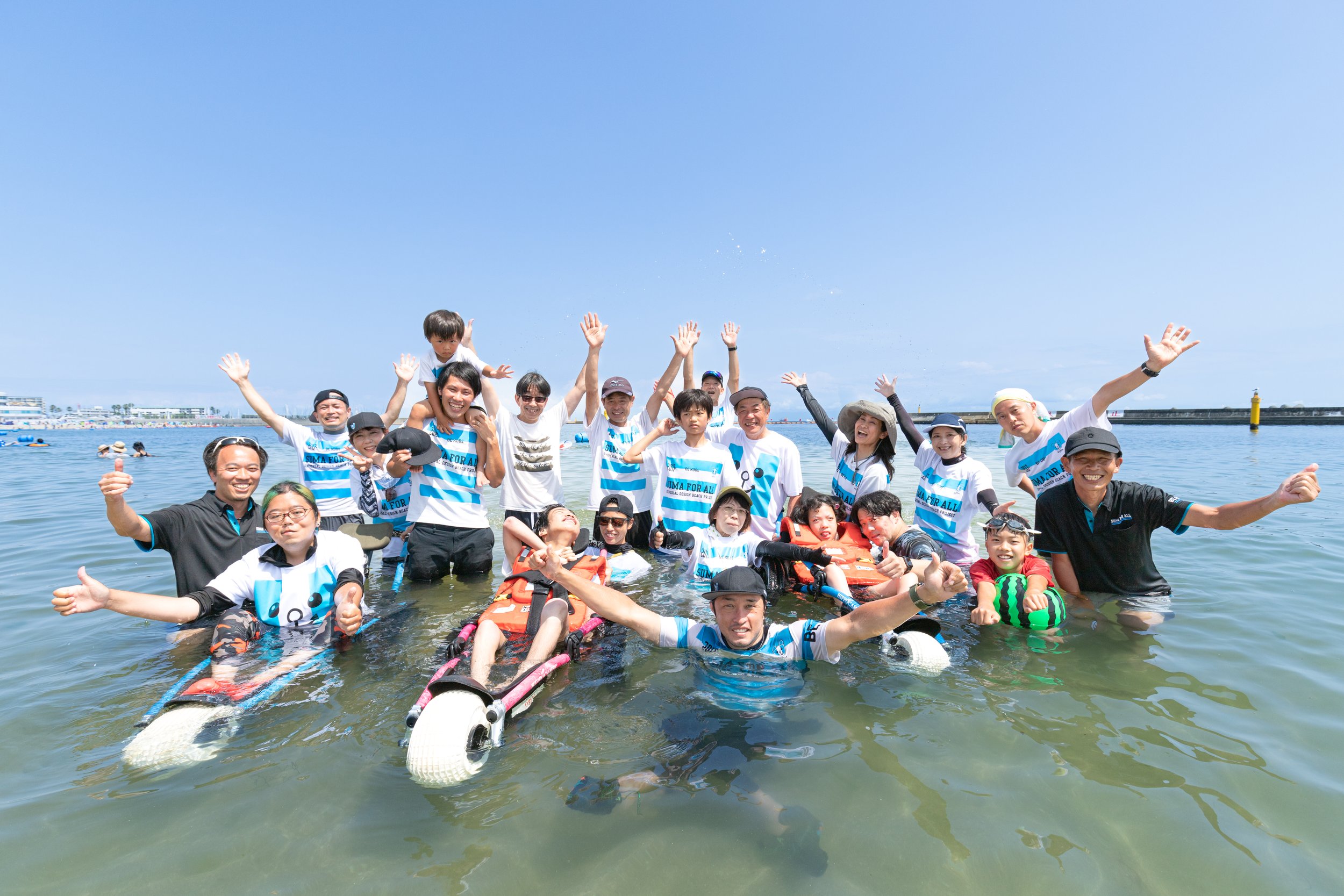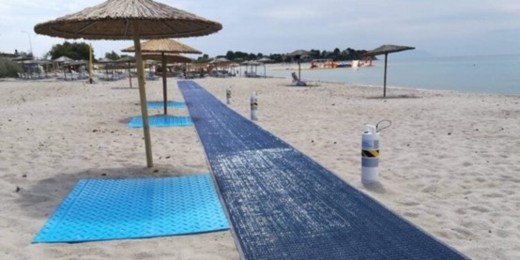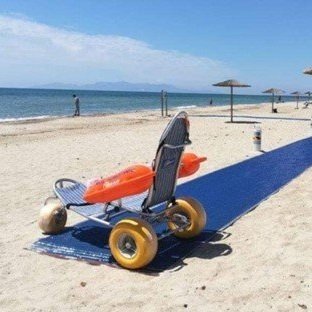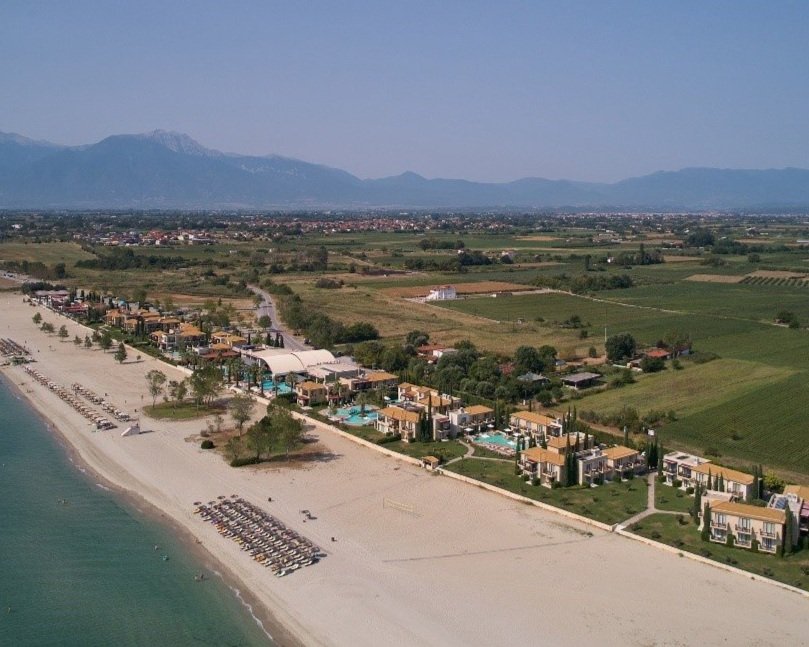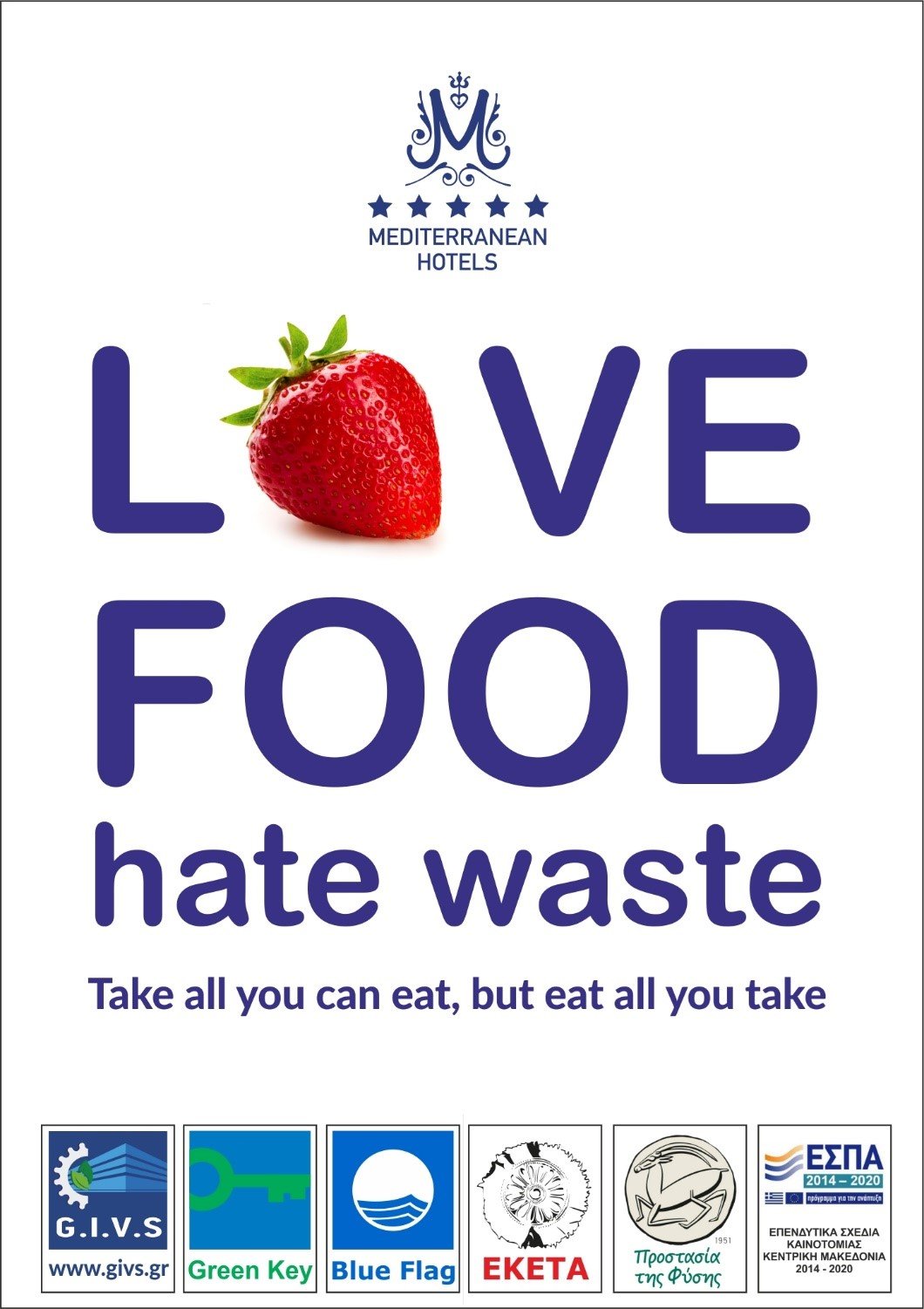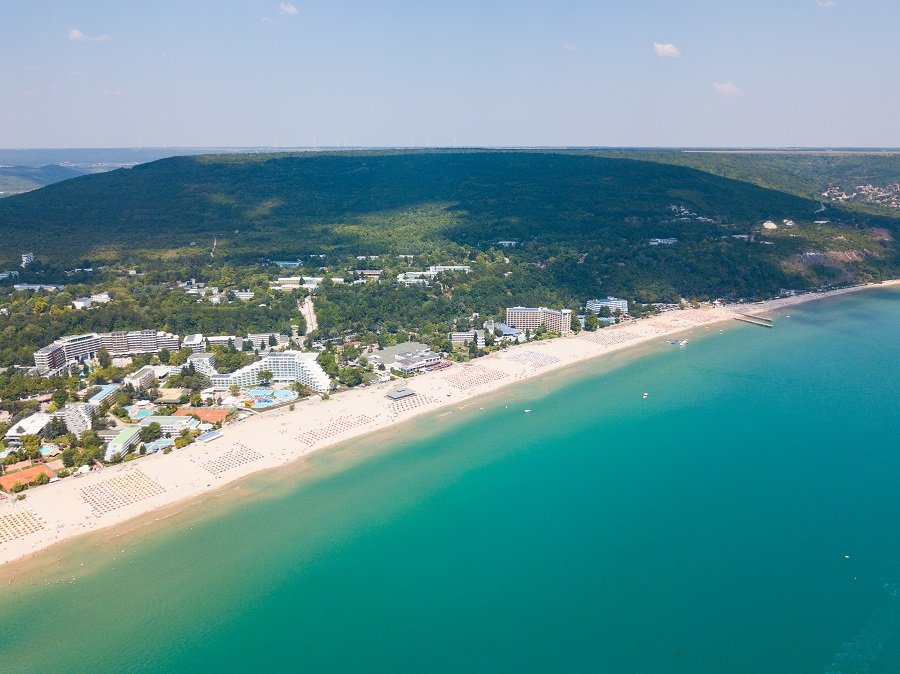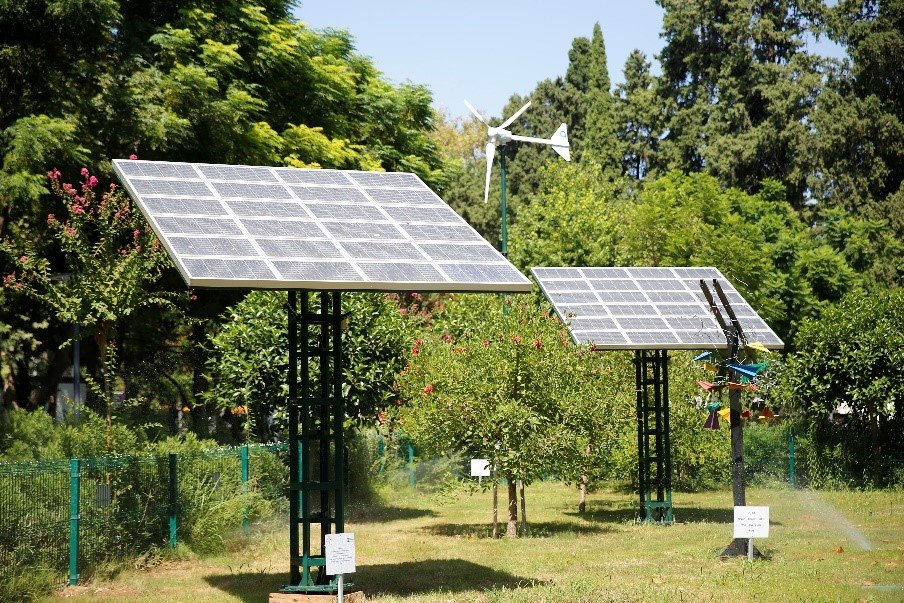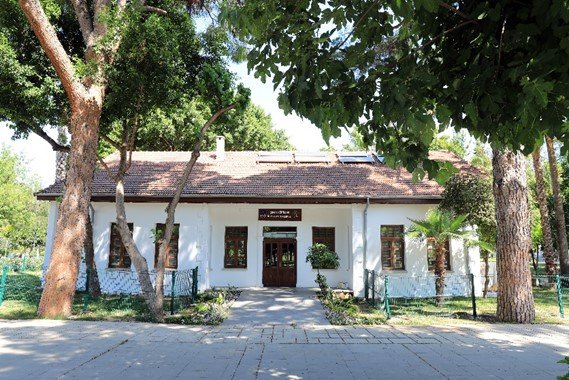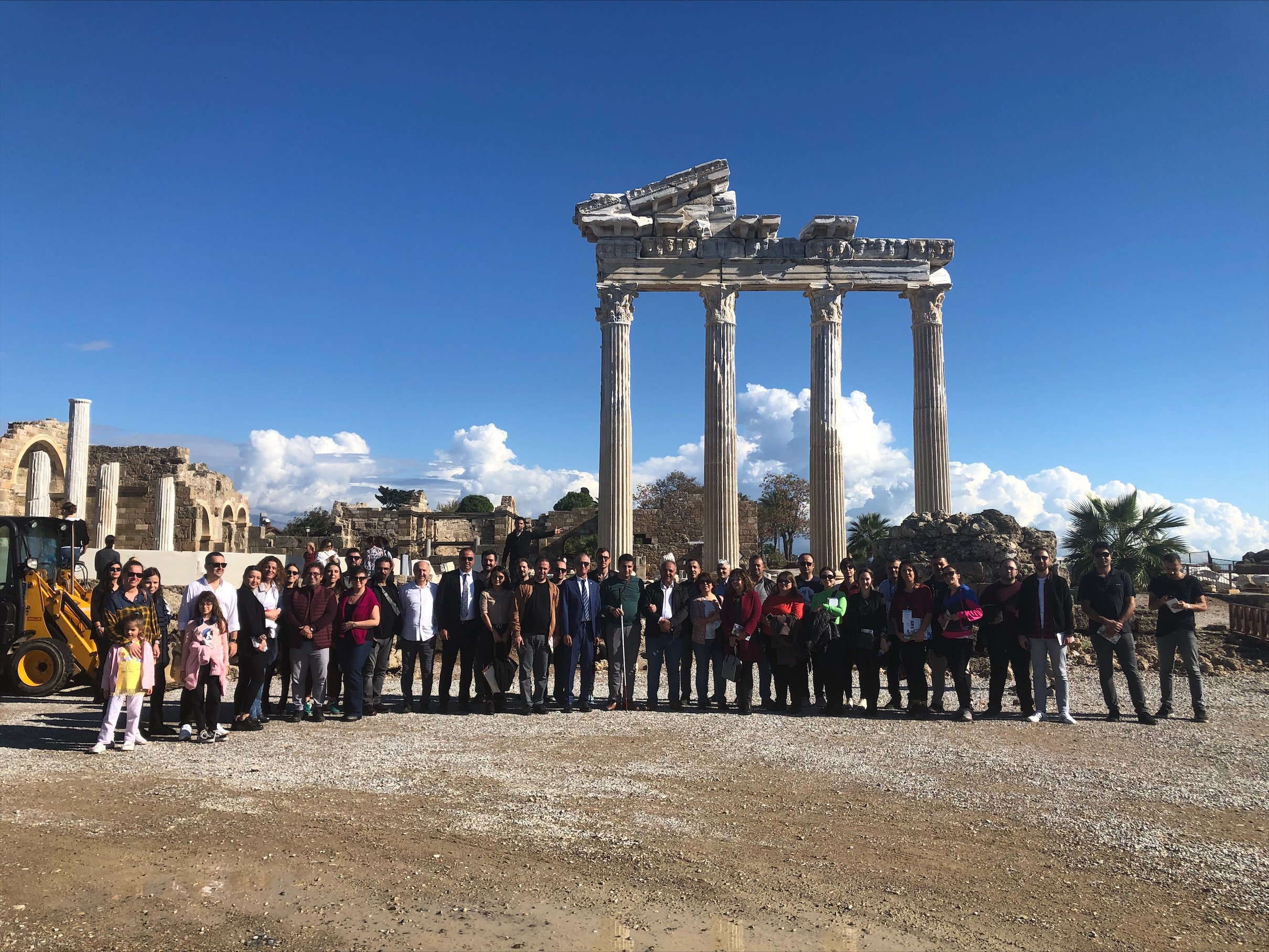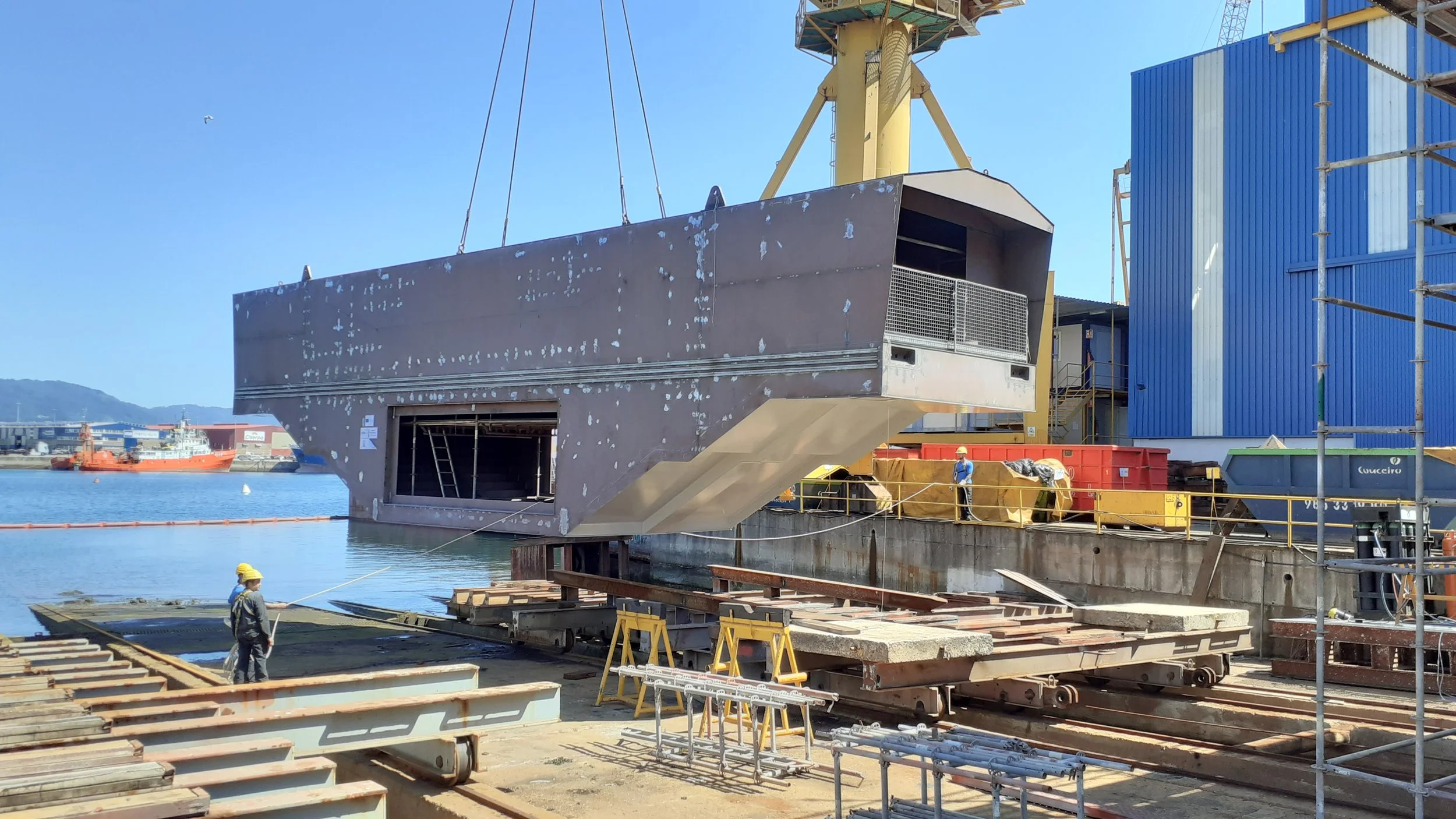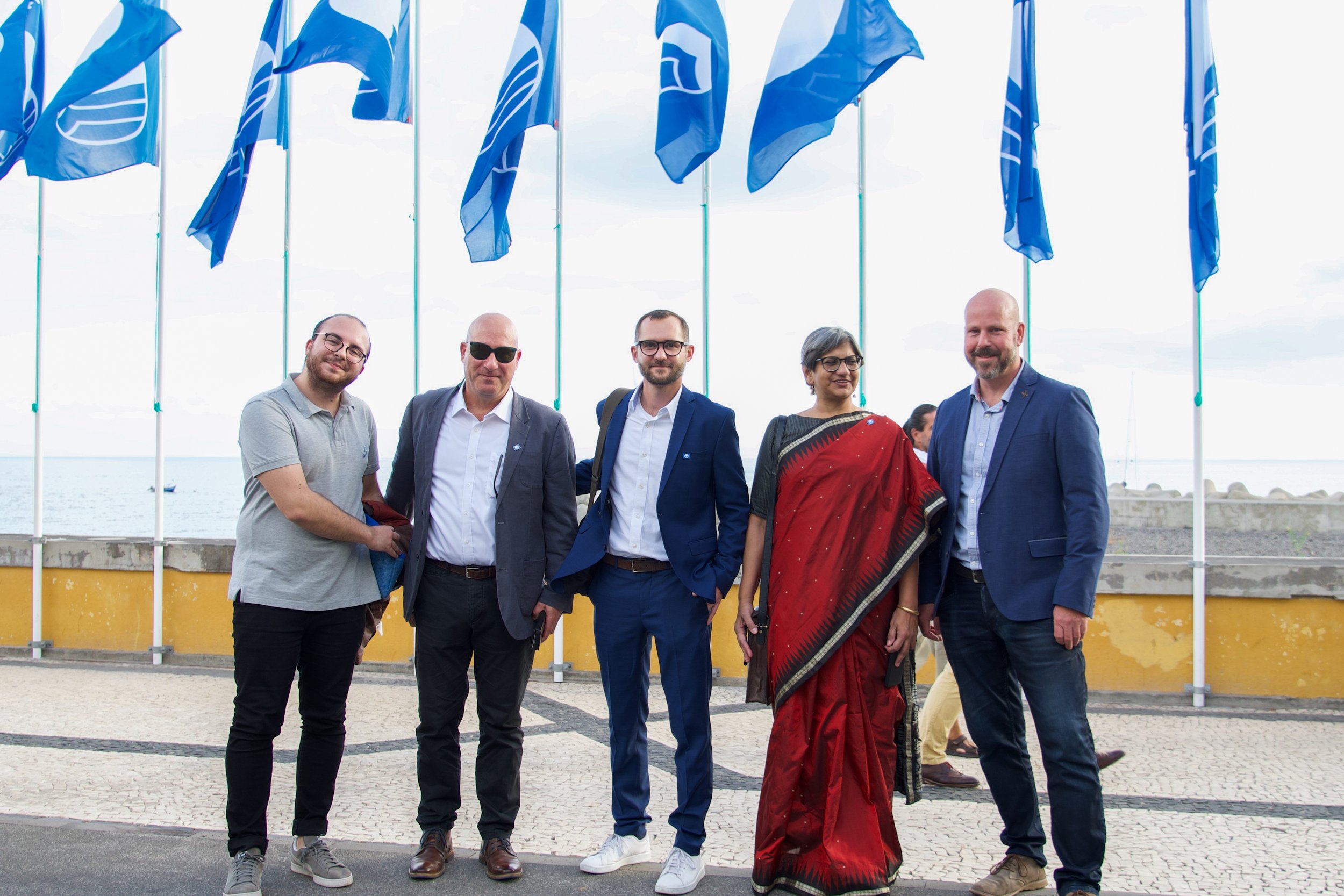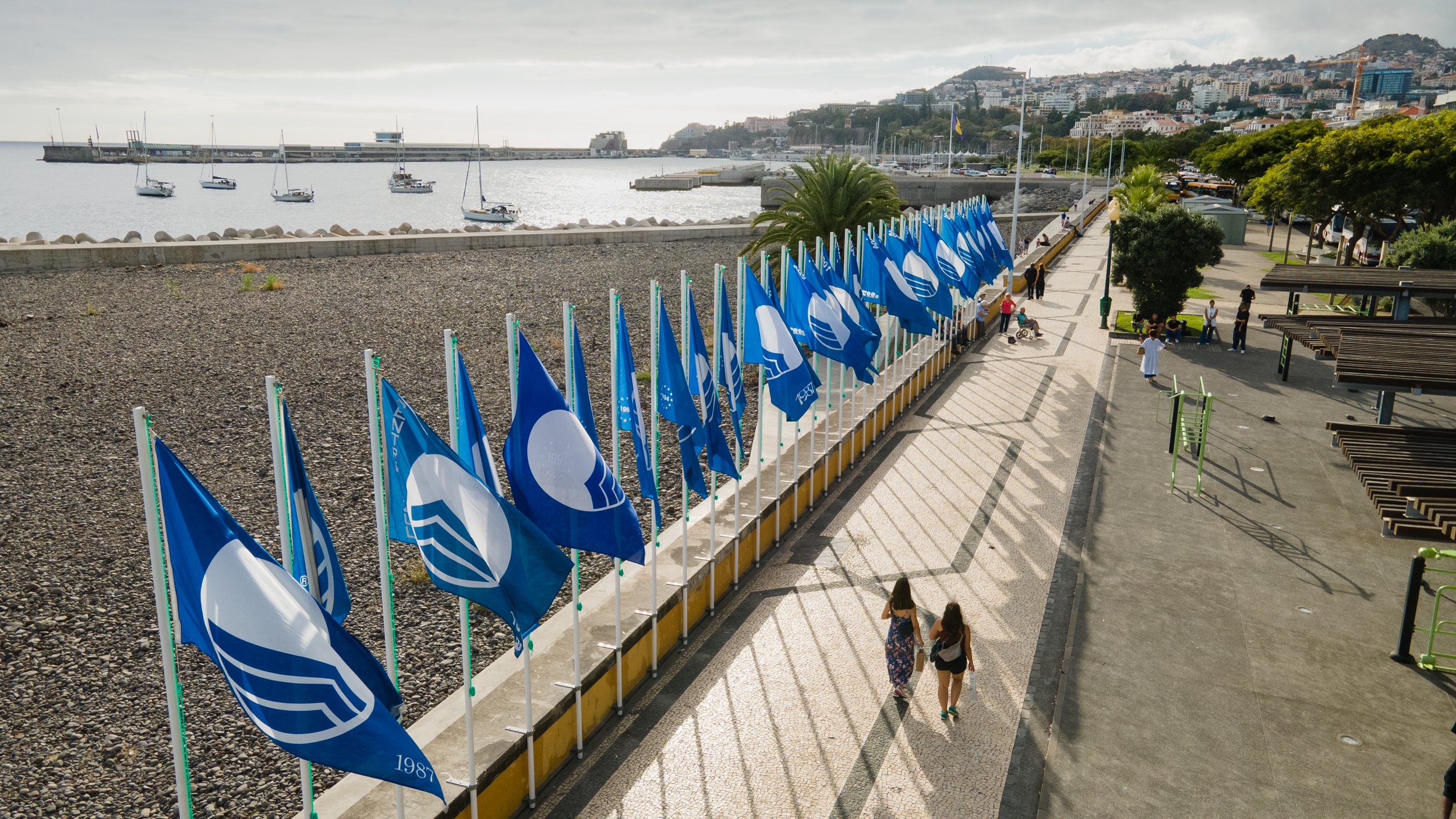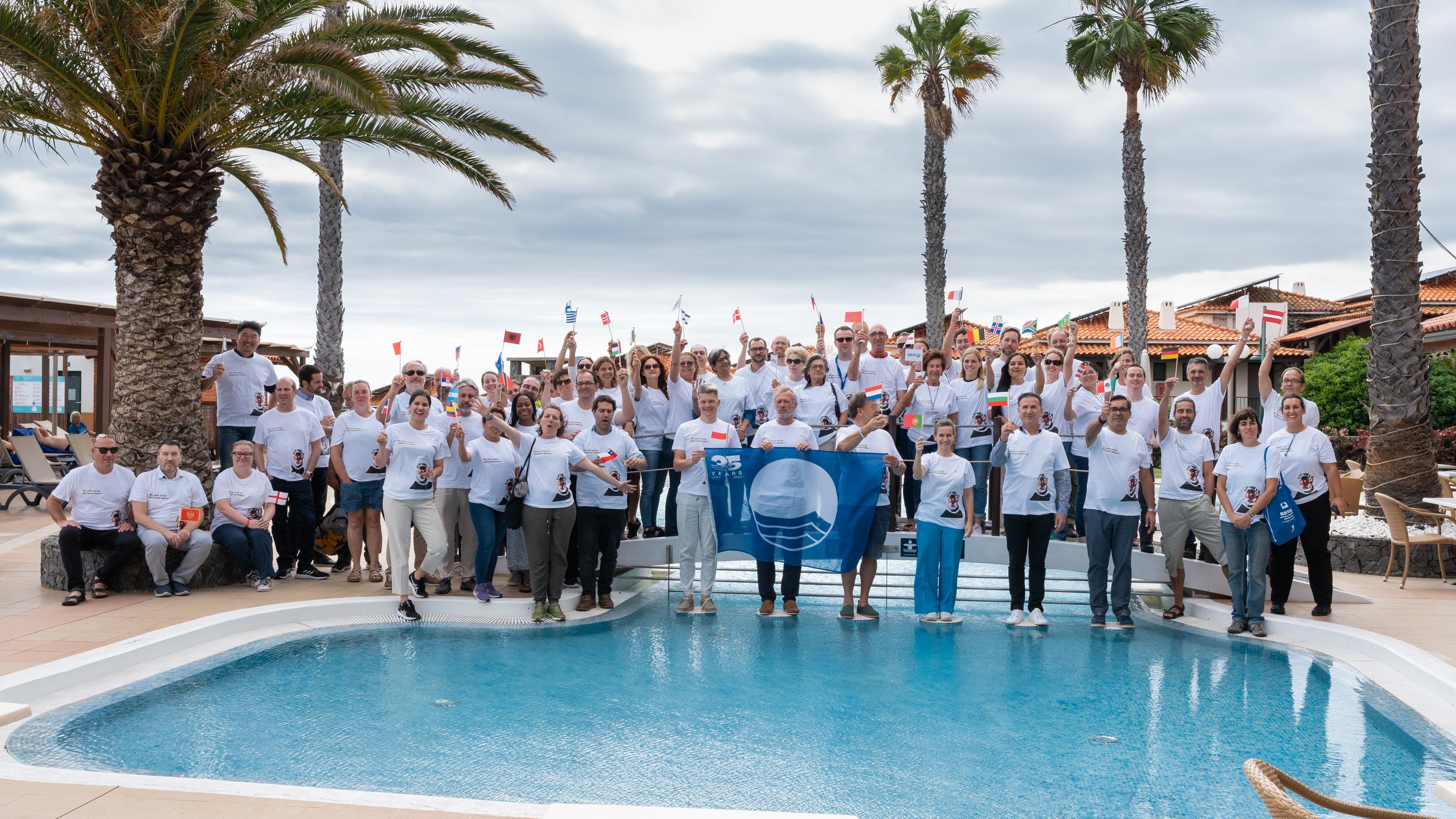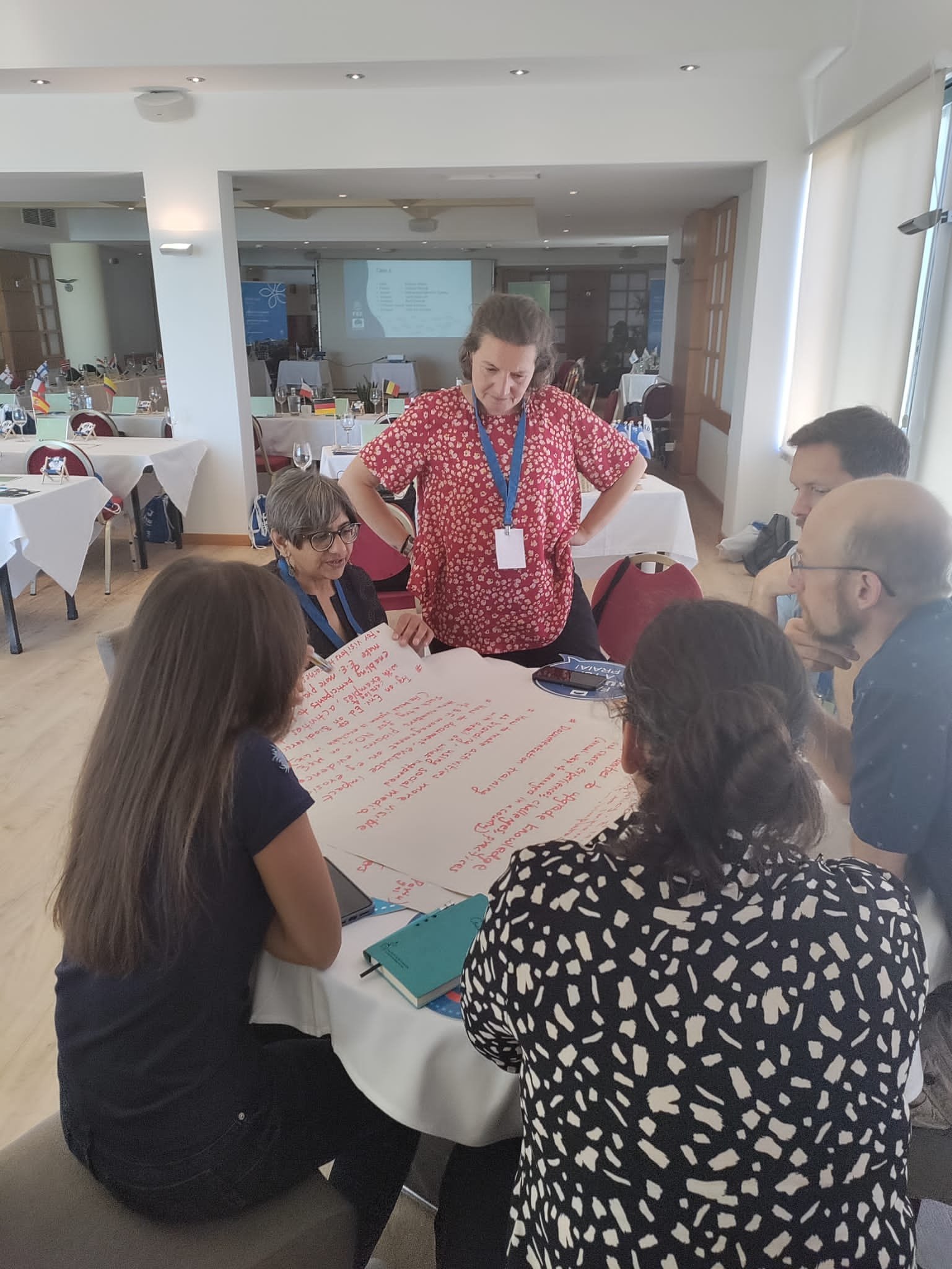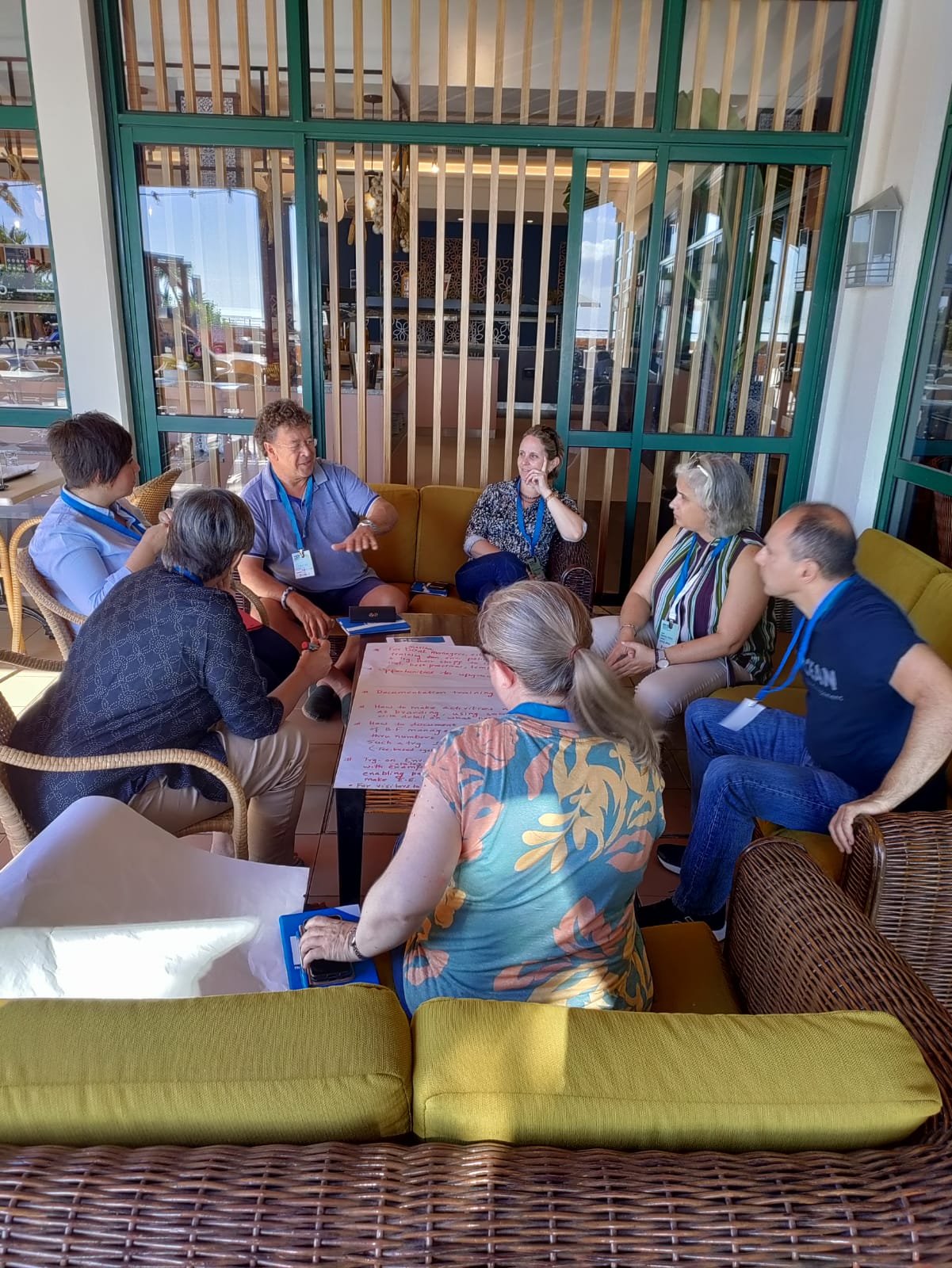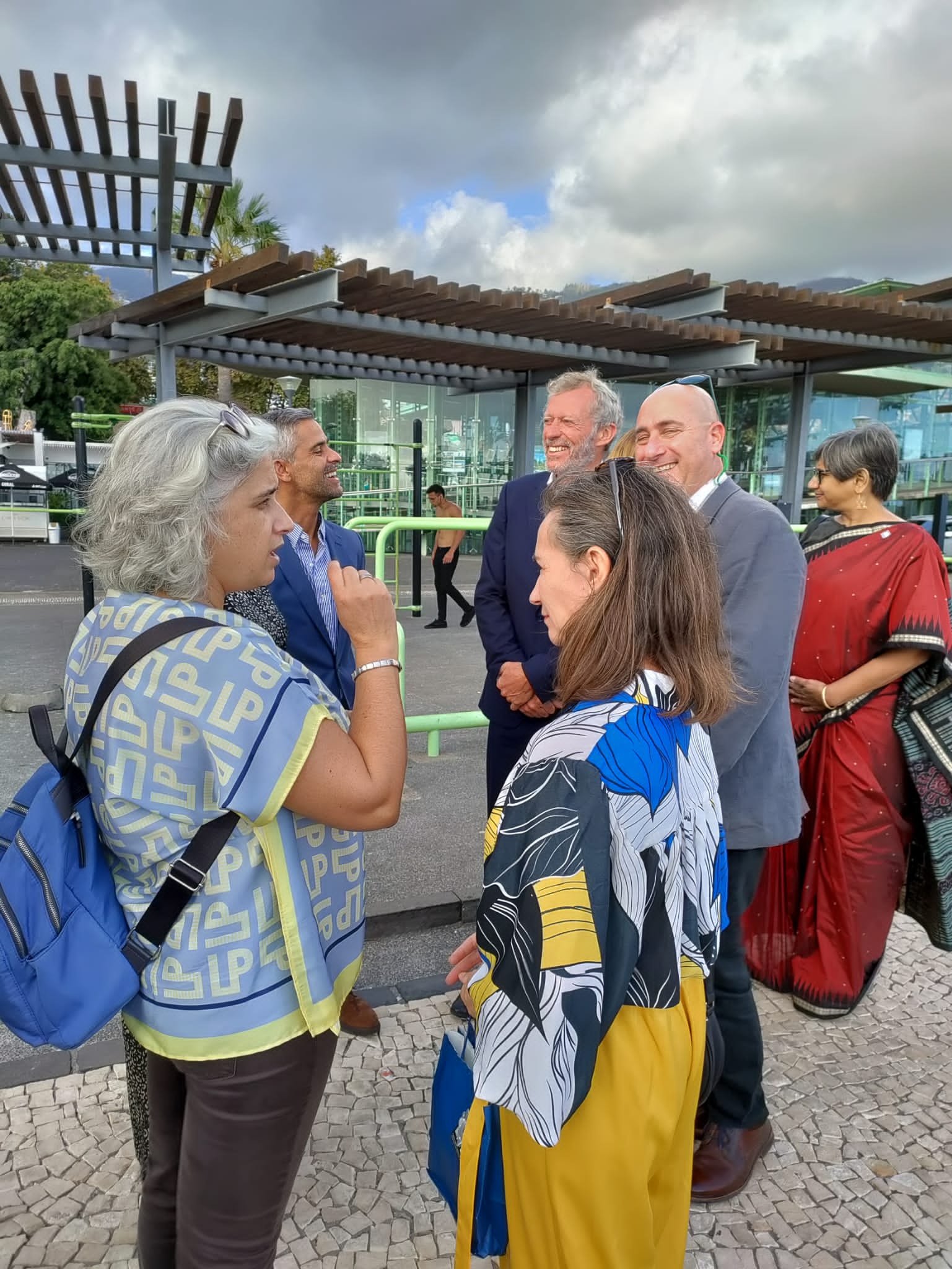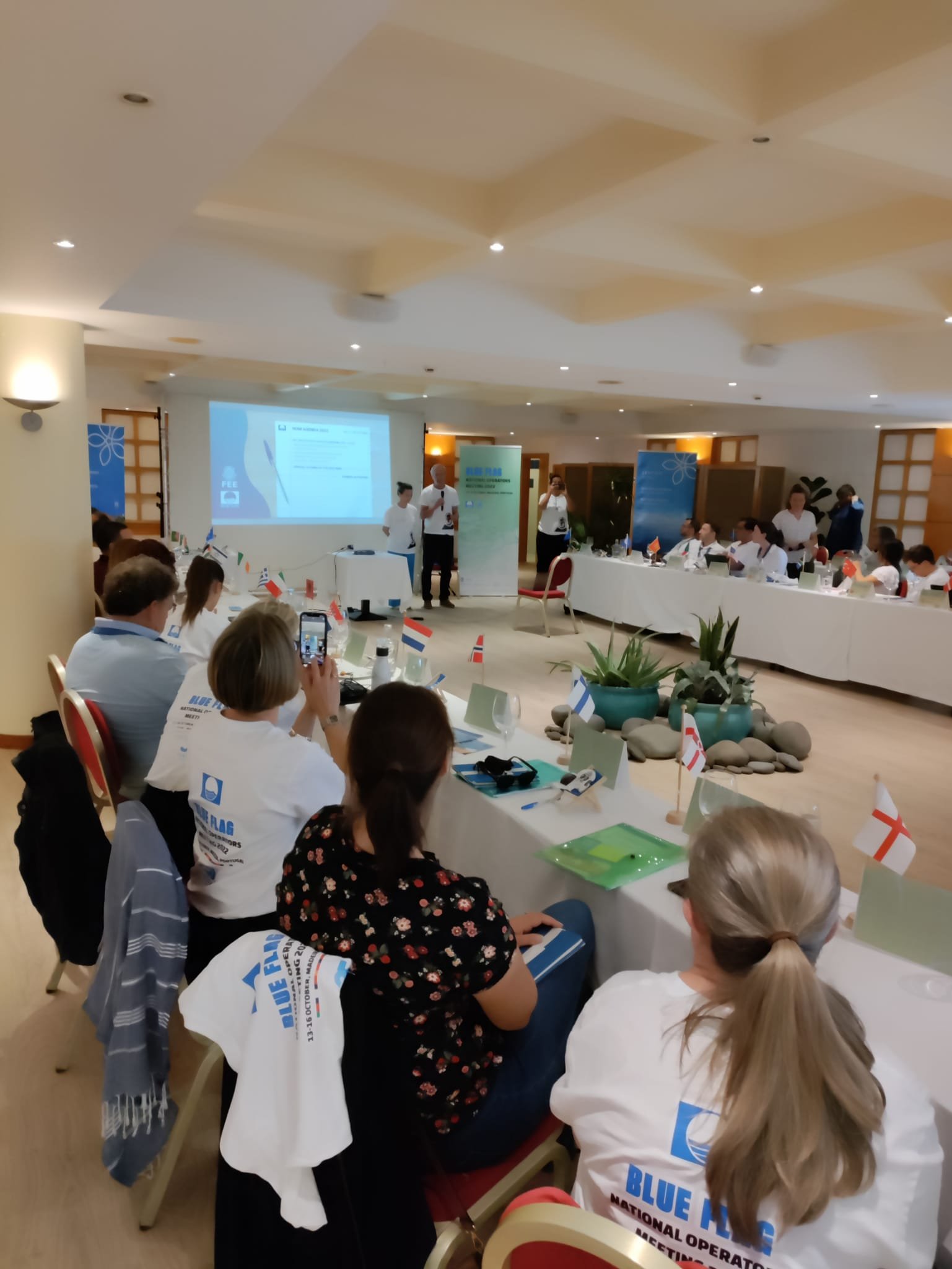In a tense environmental context where the pollution of marine and lake spaces is today one of the top priorities for governments, local authorities and marinas, there is now an urgent need to take action to preserve our shorelines, beaches and oceans.
Poralu Marine, world leader in aluminium marina construction and a major player in the yachting sector, is taking concrete action through its brand The Searial Cleaners – a range of Green Clean Technologies dedicated to collecting waste on shorelines and riverbanks. By partnering with Poralu Marina, the Blue Flag hopes to raise awareness of the existing pollution near port areas and beaches.
Two recognised types of expertise to combat marine and port pollution
In June 2021, Poralu Marine launched its first one-of-a-kind range of solutions to combat the pollution of coastlines and lake areas. Today, in the face of a climate emergency, The Searial Cleaners has made major investments and created three new technologies to reduce marine and coastal pollution. The brand relies on the group's international network (8,000 locations throughout the world) to provide a comprehensive solution to local authorities and businesses that want to incorporate environmental issues into their development policies for land and marine spaces.
Each year, the Blue Flag, a symbol of exceptional environmental quality, rewards and promotes the municipalities and marinas that implement an ongoing sustainable tourism development policy. Present in 48 countries on every continent and with more than 5,000 awarded sites, the award has become a global reference in the tourism, environment and sustainable development sectors. A guarantor of high environmental quality, the Blue Flag, hoisted over a beach or a marina, spreads a positive, dynamic image among visitors and residents. In this way, it also promotes general awareness to foster behaviour that is more respectful of nature and its treasured resources.
An alliance to take concrete action and respond to the challenges of climate change
Both committed to preserving the environment, the Poralu Marine group - through The Searial Cleaners - and Blue Flag International share strong values and a common ambition: to take responsibility and combine their strengths to deploy concrete action and combat pollution of beaches and port areas. What brings them together? The desire to act, the value in taking action to launch a movement, the collaboration with meaningful aggregator partners, a shared network, the drive to raise awareness and recognition, to offer solutions, etc.
The Searial Cleaners draw on the global network of Blue Flag to provide its technologies to ports and municipalities looking to start the Blue Flag award process. Through Poralu Marine’s equipment and global presence, Blue Flag seeks to support new players and promote its awarding process in new territories in order to increase the positive impact of its environmental methods.
“Since the launch of The Searial Cleaners, we have created and developed a partner network in France and around the world as part of a holistic approach. We want to raise awareness among as many players as possible, both private and public, to help in changing cultures and practices. That is why we are looking to work with players that share the same values and common ambitions and to develop meaningful partnerships that lead to practical progress. In this case, Blue Flag!” explains Claire Touvier, The Searial Cleaners and Environmental Solutions Manager at Poralu Marine.
“Last year, the Foundation for Environmental Education, the NGO overseeing Blue Flag, finalised its strategy aiming to speed up its fight against pollution in the years to come. We aim to work more closely with the private sector and businesses to maximise the anchorage points at local level and around the world. The alignment with The Searial Cleaners by Poralu Marine is perfectly in keeping with this strategy,” says Johann Durand, International Blue Flag Director.
The Searial Cleaners x Blue Flag, an environmental strategy for the coastal sites and local authorities seeking to obtain the award
For coastal sites and local authorities, both private and public, that want to integrate the awarding process, The Searial Cleaners’ green technologies contribute to meeting the Blue Flag criteria. “With the water quality standard and cleanliness being one of the most difficult standards to obtain, The Searial Cleaners offer genuine added value for sites that want to obtain the award!” adds Johann Durand. This partnership allows them to implement a tangible long-term environmental strategy.
The two players want to involve local authorities, local, national and international citizen organisations as well as businesses in their actions. The long-term aim is to equip thirty new Blue Flag x The Searial Cleaners sites by the end of the 2022.
About:
Developing unique marina solutions and equipment is Poralu Marine's core business. It designs, builds and installs more than 8,000 pieces of port and marina facilities around the world, placing the company among the top tier of design and construction specialists for aluminium structures. For several years now, the group has integrated the diversification of its activities into its business model – Nautiscaphe, Poralu Bridge, Rotax, All Nautica, CEI, Marina Management & Consulting, The Searial Cleaners –, reflecting the constant renewal of an offer that places particular attention on the nature that surrounds us and on those who work to protect it. The company undertakes to develop unique solutions that enable people to prosper in a sustainable way in their ecosystems.
In 2021, Poralu Marine took concrete steps to protect the environment with the launch of ‘The Searial Cleaners’, a range of Clean Technologies dedicated to collecting waste on shorelines and riverbanks and integrated Biopratic, the first sustainable, ecological garden autonomous in water and energy. In 2022, the Group strengthened its commitment to the well-being and fulfilment of its employees and recruited a Human Fulfilment and Harmonisation Manager.
Based in Port (Ain department, France - company headquarters), created in 1982, Poralu Marine has 150 employees.
